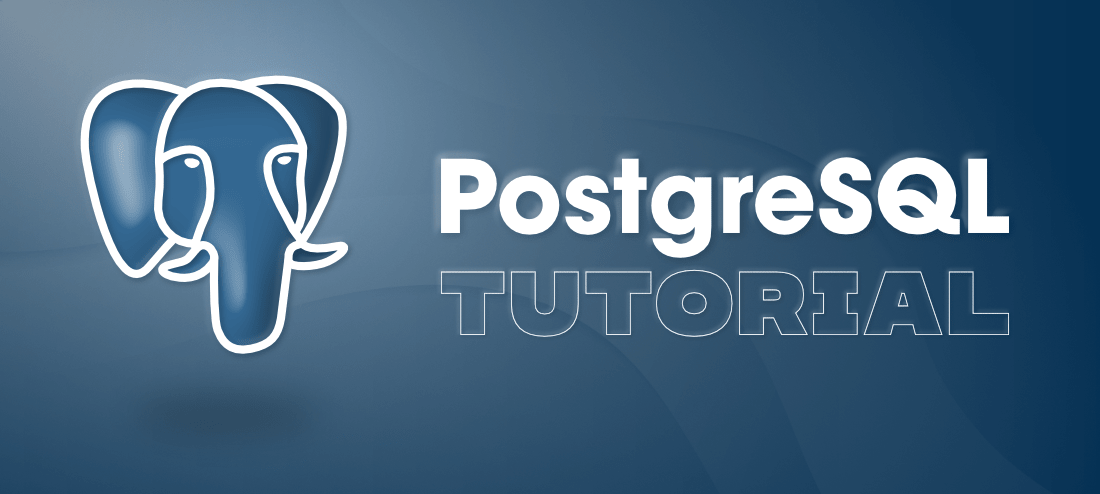How to Do Publicity for a New Social Media Website

Launching a new social media website is an exciting but challenging task. To gain traction, you need a well-planned publicity strategy that creates awareness, drives traffic, and attracts users. Below are key points on how to effectively promote your new platform.
1. Define Your Target Audience
Before promoting your social media website, you must understand who your ideal users are. This will help tailor your marketing efforts.
- Demographics: Age, gender, location, interests, profession.
- Psychographics: Online behavior, values, problems they need solving.
- Competitor Analysis: Study successful social platforms with a similar audience.
2. Create a Strong Brand Identity
Your social media website should have a recognizable and attractive brand to stand out.
- Unique Logo & Color Scheme: Consistent visuals across all promotions.
- Engaging Slogan: A catchy and memorable tagline explaining your purpose.
- Clear Value Proposition: Why should people join your platform instead of others?
3. Leverage Influencer Marketing
Collaborate with influencers who have a strong following in your niche to promote your platform.
- Micro-Influencers (10K-100K followers): More engagement and trust from their audience.
- Industry Experts & Thought Leaders: Build credibility and authority.
- Exclusive Access & Early Adopter Programs: Give influencers beta access and encourage them to share their experiences.
4. Utilize Social Media Advertising
Investing in paid ads can significantly boost awareness and user acquisition.
- Facebook & Instagram Ads: Target users based on interests and behavior.
- TikTok & YouTube Ads: Video content to demonstrate platform features.
- Google Ads: Appear in search results when people look for new social networks.
5. Implement Referral & Reward Programs
Encourage users to invite friends in exchange for rewards.
- Point-Based System: Users earn points redeemable for features, discounts, or merchandise.
- Leaderboard & Competition: Gamify referrals to encourage participation.
- Exclusive Access Perks: Early adopters get VIP features or status.
6. Optimize for Search Engines (SEO)
Ensure your website is discoverable through search engines.
- Keyword Research: Use relevant keywords in your content and meta tags.
- Content Marketing: Publish blogs, guides, and news related to your platform’s niche.
- Backlinks: Get mentions on reputable websites for better ranking.
7. Generate Hype Before Launch
A successful launch starts with pre-launch excitement.
- Landing Page: Collect emails for early access or updates.
- Teaser Campaigns: Use social media, email, and influencers to hint at your platform.
- Countdown Timer: Build anticipation for the official launch.
8. Engage in PR & Media Outreach
Get media coverage to boost credibility and exposure.
- Press Releases: Announce your launch to tech blogs and news outlets.
- Guest Articles: Write for industry websites to showcase expertise.
- Podcast & Webinar Appearances: Discuss the platform’s mission and benefits.
9. Participate in Online Communities & Forums
Join relevant discussions where potential users hang out.
- Reddit & Quora: Answer questions related to your niche and subtly mention your platform.
- Facebook & LinkedIn Groups: Share insights and engage in discussions.
- Niche-Specific Forums: Provide value before promoting your platform.
10. Host Giveaways & Contests
Drive engagement and user sign-ups through exciting competitions.
- Share & Win: Users must share your website to enter.
- Hashtag Challenges: Encourage creativity while promoting your brand.
- Early Adopter Rewards: Exclusive badges or perks for first users.
11. Partner with Complementary Brands
Collaborate with businesses that have a similar audience but are not direct competitors.
- Co-Branded Campaigns: Joint giveaways, live streams, or events.
- Cross-Promotion: Feature each other’s platforms in newsletters or blogs.
- Affiliate Marketing: Offer commissions for referring users.
12. Monitor & Improve with Analytics
Track the effectiveness of your marketing efforts to optimize results.
- Google Analytics: Monitor website traffic and user behavior.
- Social Media Insights: Identify the most engaging posts and strategies.
- A/B Testing: Compare different ads and landing pages for best performance.
Conclusion
A well-executed publicity plan combines organic and paid strategies, influencer partnerships, SEO, and user engagement. Consistently analyze results and refine your approach to ensure long-term growth. By implementing these strategies, you can successfully launch and grow your new social media website.







